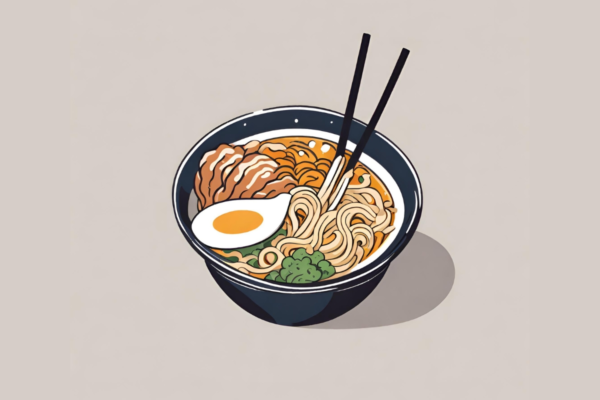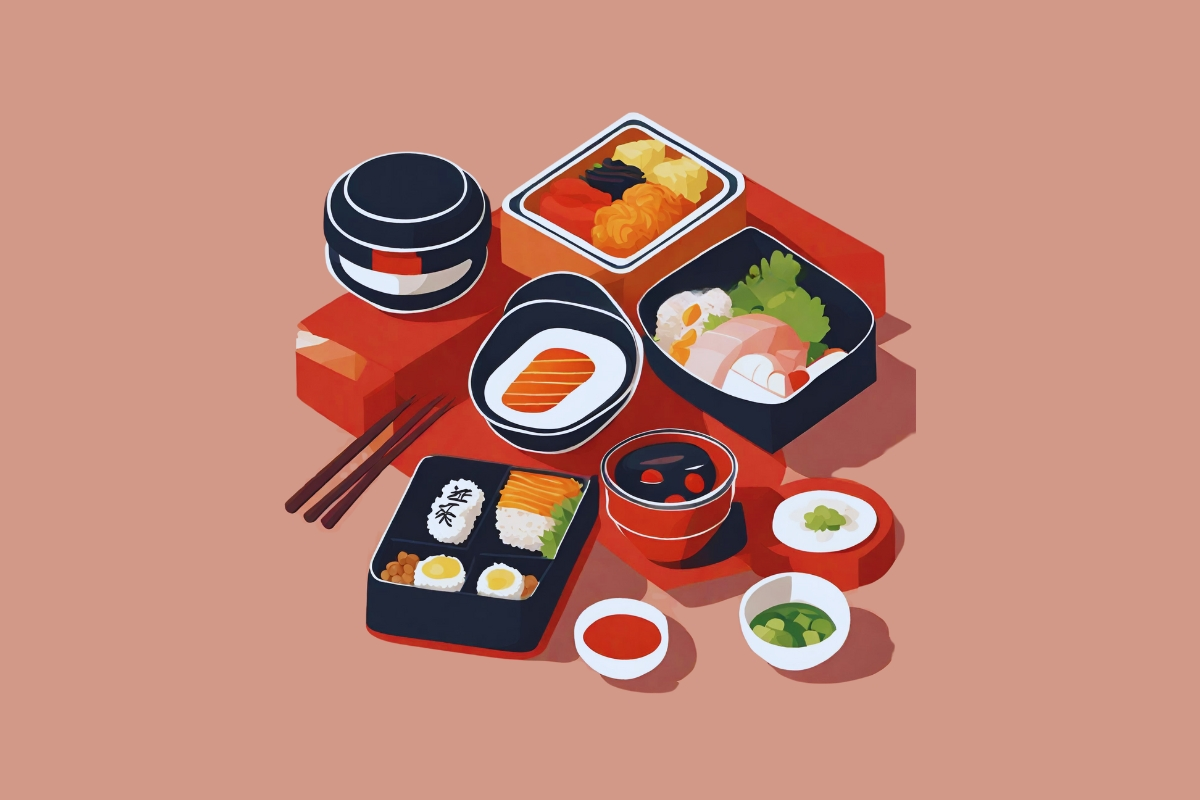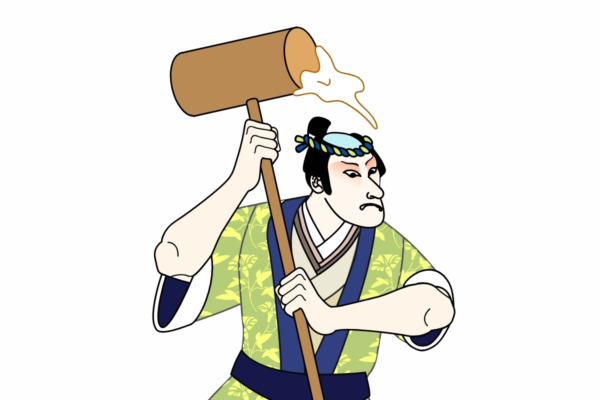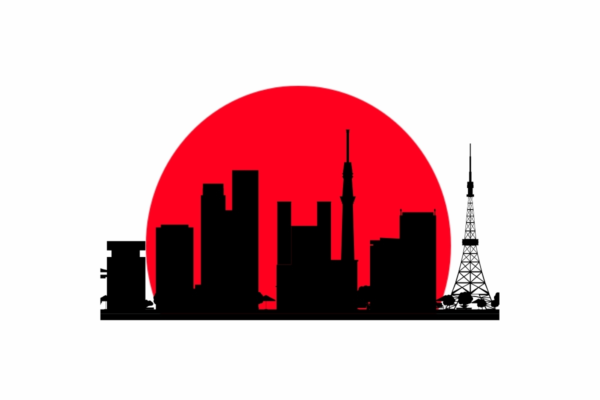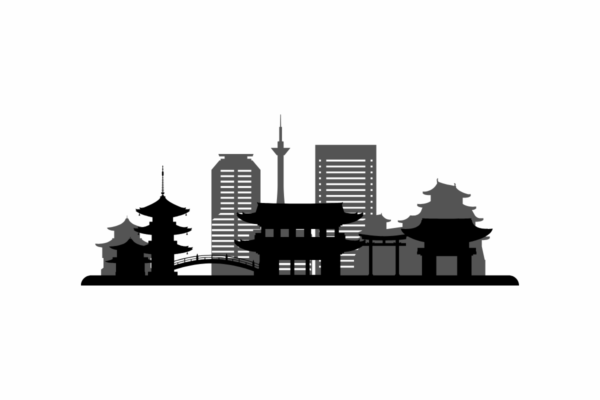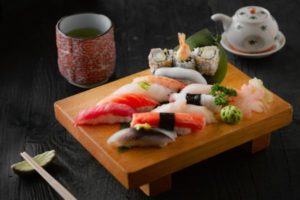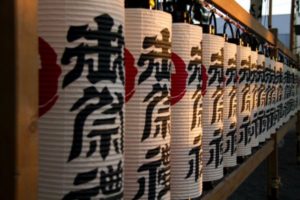Bento Boxes are a great way to enjoy a healthy, convenient meal, It’s filled with rice, protein, and vegetables to provide balanced nutrition for the day; aka the perfect lunch solution. But did you know that there are many different ways to pack your bento box? From making your own DIY containers to cooking healthy dishes at home, to assembling your own at Issho-ni Izakaya.
That’s right, London based Issho-ni Izakaya has launched their own Build Your Own Bento lunchtime offer. The bento box is a Japanese culinary tradition that dates back over 1,000 years. With so many options for creativity and uniqueness, it’s no surprise that Issho-ni Izakaya has decided to allow its customers to choose their own ingredients inside their very own bento lunch box.
Bento Lunch Boxes are more than just a container for food; it is a piece of art, an appealing display, and a sign of care and compassion. Read more to find out why.
What does the Japanese word bento mean?
The term bento was borrowed from a Southern Song Dynasty Chinese slang term (biàndāng), meaning “useful thing” or “convenient thing”. This has a dual meaning since it refers to both the container and the content.
The modern word ‘bento’ is thought to have originated with Oda Nobunaga (1534-82), a sixteenth-century military leader who fed the vast crowds at his castle by having food given out to each person. To characterise the modest meals that were given in this way, the term bento was born.
The English translation of bento is “lunch box,” yet that hardly begins to convey the extreme importance in the imagination and reality of the experience of consuming what is inside. Bento’s are the quintessential essence of Japan encapsulated in a box.
The History of the Bento Box
At its simplest, a Bento box is a Japanese to-go box containing a complete meal, most often for lunch. The original bento stretches back to the 5th century when bamboo boxes were used to send food to the fields, hunting grounds, or battlefields.
Workers began bringing tiny bags of cooked rice to work in the 12th century during the Kamakura Period. Later on, people began to utilise wooden boxes for gatherings. Onigiri, rice balls, became a common lunch in bento boxes by the 17th century as the technique of making them grew in popularity. Many students carried commercial bento boxes to school in the late 19th century when they were available.
Traditional Japanese cuisine is typically presented separately on several tiny plates. This method of little servings is also be seen within a Japanese bento box. Where each ingredient is neatly placed within each compartment, carefully planned out so that the foods do not mix. Making Bento Boxes easy to carry and ready to eat!
Bento boxes can be packed with anything, although rice, a cornerstone of Japanese cuisine, is frequently the central component. Otherwise, you’re completely free to put anything you want in there as long as you keep balance in mind.
Popular contents of a Japanese bento box include:
- Meat or fish Agemono (usually in the form of meatballs, karaage, katsu, salmon, sausages, Kaki Furai, Ebi Furai, etc.)
- Precooked or pickled veggies (Salad, broccoli, carrots, bean sprouts, edamame, mini tomatoes, Umeboshi, etc.)
- Japanese omelette (Tamagoyaki)
- Mixed salads
- Occasionally, fruit
- Sushi
Issho-ni’s Build your own Bento Box Ingredients
Start with your favourite and most delicious Japanese ingredients and pack them into an Issho-ni bento box:
RAW
Salmon Sashimi
Seared Butterfish Tataki
Inari pockets
HOT
Chicken Teriyaki (grilled chicken leg)
Saba Teriyaki (grilled mackerel)
Nasu Dengaku (miso aubergine)
SIDE 1
Prawn Tempura
Sweetcorn Kakiage
Chicken or Veg Gyoza
SIDE 2
Green salad
Rice
Kimchi
Types of Bento Boxes
Ekiben
A Bento Box lunch box sold at train stations.
Kyaraben
A Bento Box where ingredients are intricately organised to reflect a famous figure from popular culture, cute animals or plants.
Makunouchi Bento (The ‘between-scene’ Bento)
The traditional form of bento served in theatres. It includes rice, beef, fish, an egg, Umeboshi, and veggies. Theatregoers would enjoy these during intermissions.
Hinomaru Bento
This bento is a circular shaped Bento Box that resembles the Japanese flag, with a pickled plum in the middle of the rice. the base is white rice topped with a single red umeboshi (pickled plum) to represent the sun, with a side dish of meat or fish. Aside from keeping things patriotic, the plum also acts as a natural preservative to keep the meal fresh.













